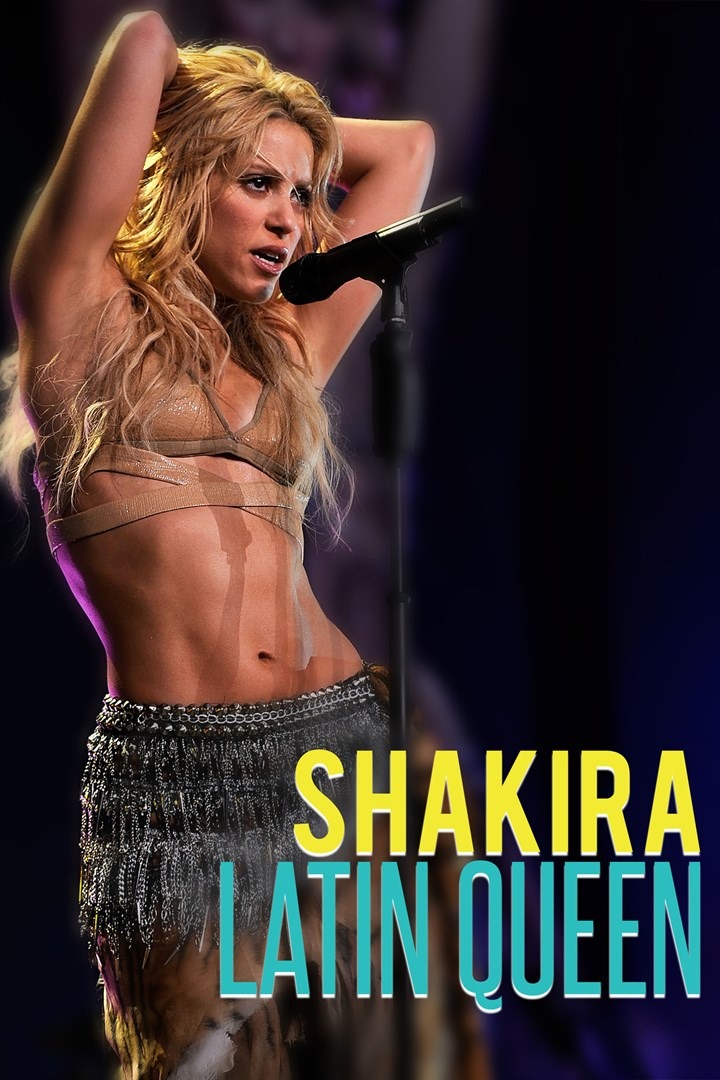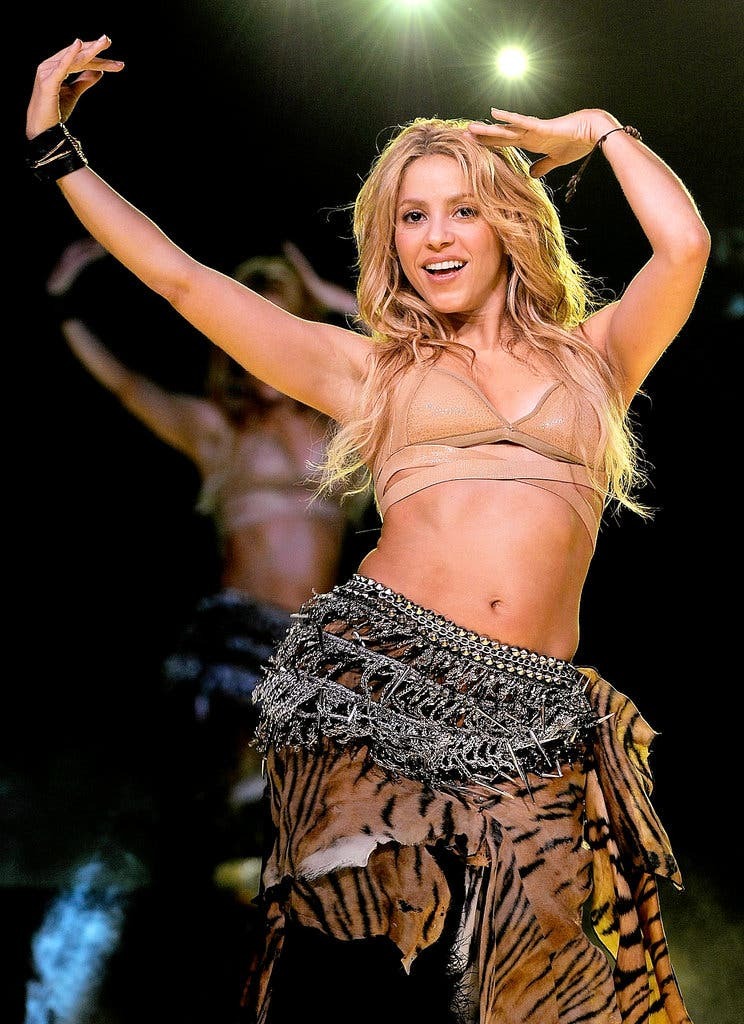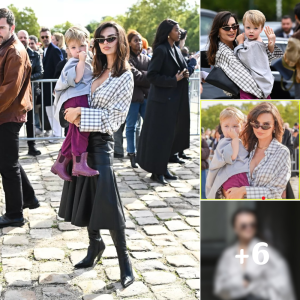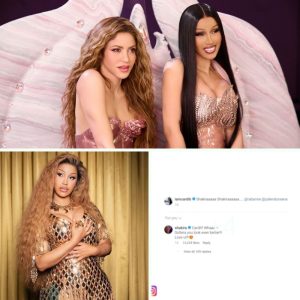When I told a Colombian friend that I was writing about Shakira he shook his head as he braced himself against the New York City cold. “I haven’t really listened to Shakira since she stopped producing rock music,” he said. I told him that was exactly what I was writing about—the Shakira that few Americans know existed.
Today, Shakira is an assortment of blonde tresses, sinuous hips, and a colossal voice tucked into a lithe, five-foot-two frame. Her identity is tethered to the word ‘pop’, usually preceded by “queen,” “titan,” and outfits that sheath her body like a second skin. She graced the world with “Hips Don’t Lie” in 2006, colored the South Africa World Cup with its official anthem in 2010, and she’s produced a stream of Hot 100 hits worldwide with household names like Rihanna and Beyonce, among others. Now she’ll be performing alongside Jennifer Lopez in a sweat-soaked football stadium during America’s most-watched television event.
But if you scour the niche corners of YouTube, digging into albums of the ’90s, you’ll come across an altogether different artist. Instead of a blonde pop icon with fleshy body suits, you’ll find a disheveled poet with mud crusting her hands, producing ’90s alt-rock miles away from the reggaeton collabs and pop bangers that awarded her a spot in the 54th Super Bowl. This is the Shakira of my Colombian childhood, back when I was five years old and Bogota trickled into the year 2000. Her mercurial hair was as dynamic as her music, one day a weeping black that melted into a burgundy red, another day braids woven with baby blue and ruddy fuchsia threads. Leather pants tucked into clunky black boots that vibrated against the floor as she strummed her guitar and blew life into a harmonica. Her soft-spoken Barranquilla accent contrasted the heavy eyeliner cradling her eyes. She was a rocker, yes. But beneath her gritty layers laid a soulful intelligence that held her country, and perhaps all of Latin America, in the palm of her hands.
This is the Shakira of my Colombian childhood, back when I was five years old and Bogota trickled into the year 2000. Her mercurial hair was as dynamic as her music, one day a weeping black that melted into a burgundy red, another day braids woven with baby blue and ruddy fuchsia threads. Leather pants tucked into clunky black boots that vibrated against the floor as she strummed her guitar and blew life into a harmonica. Her soft-spoken Barranquilla accent contrasted the heavy eyeliner cradling her eyes. She was a rocker, yes. But beneath her gritty layers laid a soulful intelligence that held her country, and perhaps all of Latin America, in the palm of her hands.
What made Shakira so special was that her music added optimism and unity to a nation that was breaking at the seams. Colombia in the ’90s was a bed of political turmoil. Even as Pablo Escobar’s drug cartel slowly dissolved, communist guerillas continued displacing families in the countryside, cultivating cocaine, and kidnapping the rich in purported Robin Hood endeavors to return money to the masses. Violence drove out an exodus of families to cities like Miami.





